Professor Herbert Kohler, DC's vice-president of research and advanced engineering, and also its chief environmental officer, says enforcing hydrogen production would stimulate manufacturers to make greener cars.
"Having an available supply of hydrogen would push forward development of the fuel-cell car," he says. "For example, an oil producer making 100,000 barrels of oil should also be required to make a certain amount of hydrogen. It's no longer good enough for oil companies to offer petrol and oil and diesel for ever. If they are not taking it (global warming and declining fossil fuel supplies) seriously, they will go out of business."
Kohler says hydrogen fuel is the best answer now to maintaining clean and green transport for the future. In a fuel-cell vehicle, hydrogen and air are used to generate electricity which then powers a vehicle's electric motors. Fuel-cell vehicles, such as the three city buses on trial in Perth, are self-generating and require no plug-in recharging. Fuel-cell vehicles are touted as the solution to strict emission controls and reliance on fossil fuels.
The European Community has proposed vehicle makers have an average of 130g of carbon-dioxide emissions across their range. Kohler says it's a challenge. "The upside is that the EC proposal recognises that it's not only carmakers at fault," he says. "Other factors such as traffic organisations, oil companies and so on will have a common approach."
Meeting future challenges — some of which Kohler says are indistinct — is one reason DC is developing fuel-cell vehicles. It aims to have fuel-cell cars in showrooms by 2012, but is not alone. Honda wants a fuel-cell car on sale by 2009 and more than a dozen car companies are working on similar vehicles.
However, while fuel-cells appear as the solution to zero-emission transport, Kohler says the process of making hydrogen creates a lot of carbon-dioxide — the gas primarily blamed for global warming.
"The production of hydrogen is more carbon-dioxide relevant than the production of petrol," he says of the methods used. Kohler says alternative ways of extracting hydrogen from natural gas or water — such as using solar or wind energy — would greatly reduce the carbon-dioxide emissions from the production process.
He criticised BMW's plans to make a conventional internal-combustion engined car that runs on liquified hydrogen.
"Hydrogen in an internal-combustion engine is nonsense — it's a carbon-dioxide disaster," he says. "The carbon-dioxide emissions from the production stage to the vehicle's tank is more energy intensive and, therefore, produces more carbon-dioxide than petrol or diesel. It makes no sense to substitute one fuel for another. It is an illusion to the customer."
Kohler says although internal-combustion engines running on hydrogen have issues, the production of hydrogen for fuel-cell vehicles is more attractive. He says a fuel cell has double the efficiency of an internal-combustion engine. "So the fuel-cell vehicle can compensate for some of the added carbon-dioxide created in producing hydrogen," he says. He also believes more efficiency could be expected from fuel-cell vehicles.
"The world has 120 years of experience with the internal-combustion engine," he says.
"It has only 10 years' experience with a fuel cell. Given that time frame, there will be added advantages of the fuel cell we may not yet know about."
Daimler Chrysler has a fleet of small A-Class cars and 30 buses powered by fuel cells. Though fuel-cell development is ongoing, DC has parallel investigations in other power sources, including hybrids.
"We'd love to combine hybrids with diesel," he says. "Diesel-fuelled vehicles are always better than hybrids for emissions and economy, except in a city cycle with dense traffic.
"We see hybrids (combining an internal-combustion engine with an electric motor) as being more effective for delivery vans and buses. We have 1500 hybrid buses in the US ... a perfect application for the technology."
But he says DC is reluctant to develop the hybrid power train for passenger cars. "From a rational perspective, diesel is superior," he explains. "But we accept, from a PR side, the Japanese have done an excellent job.
"But they don't have a diesel engine. Hybrid was their attack to reduce fuel consumption and emissions. Behind the scenes, they have had more and more problems with hybrids in the US. There are now 30 days of stock for hybrid vehicles. Some customers have been disappointed, saying claimed fuel consumption is not transferred to day-to-day use."
Kohler says the best hybrid is one that uses a diesel engine.
"But it's the most expensive," he says.





.jpg)



.jpg)

.jpg)

.jpg)
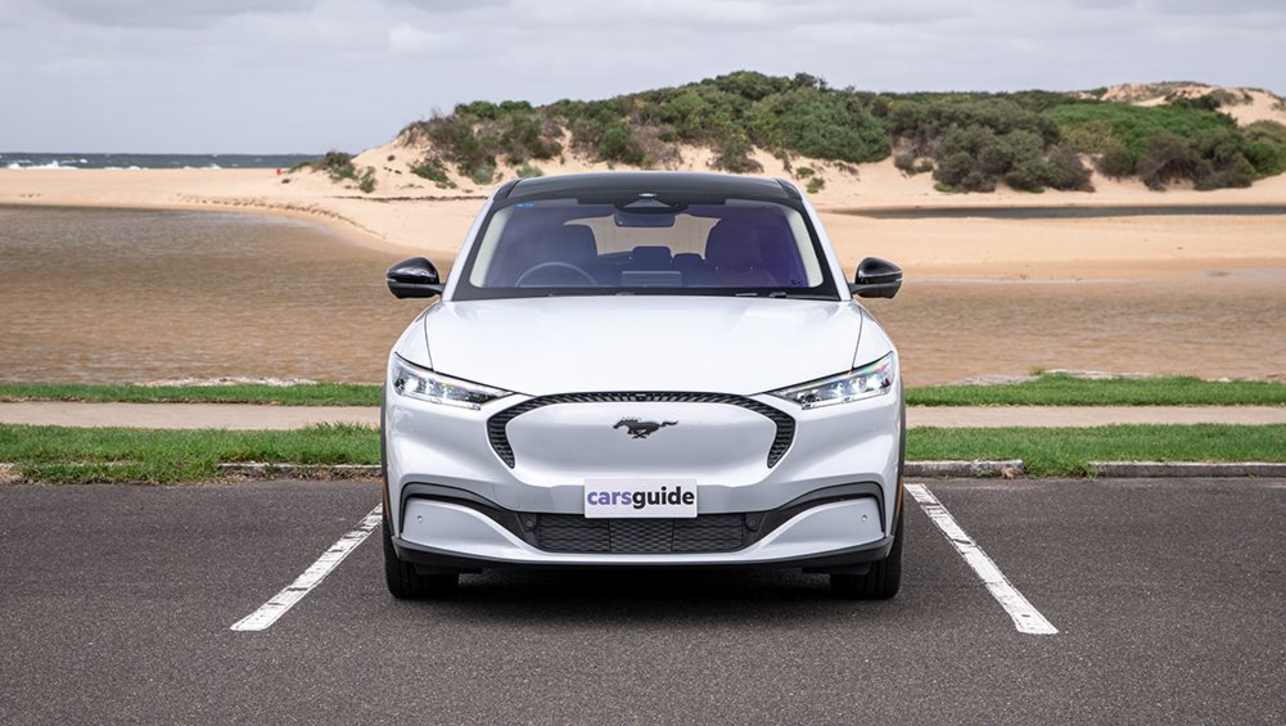
.jpg)
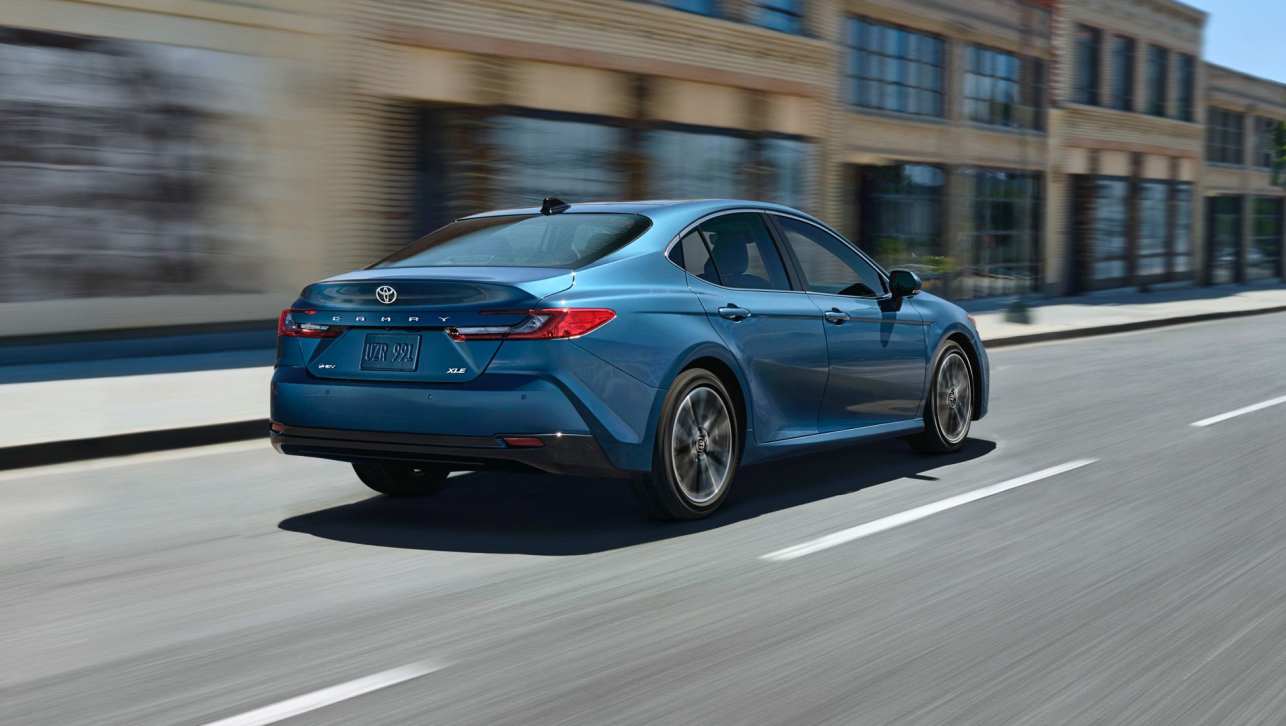
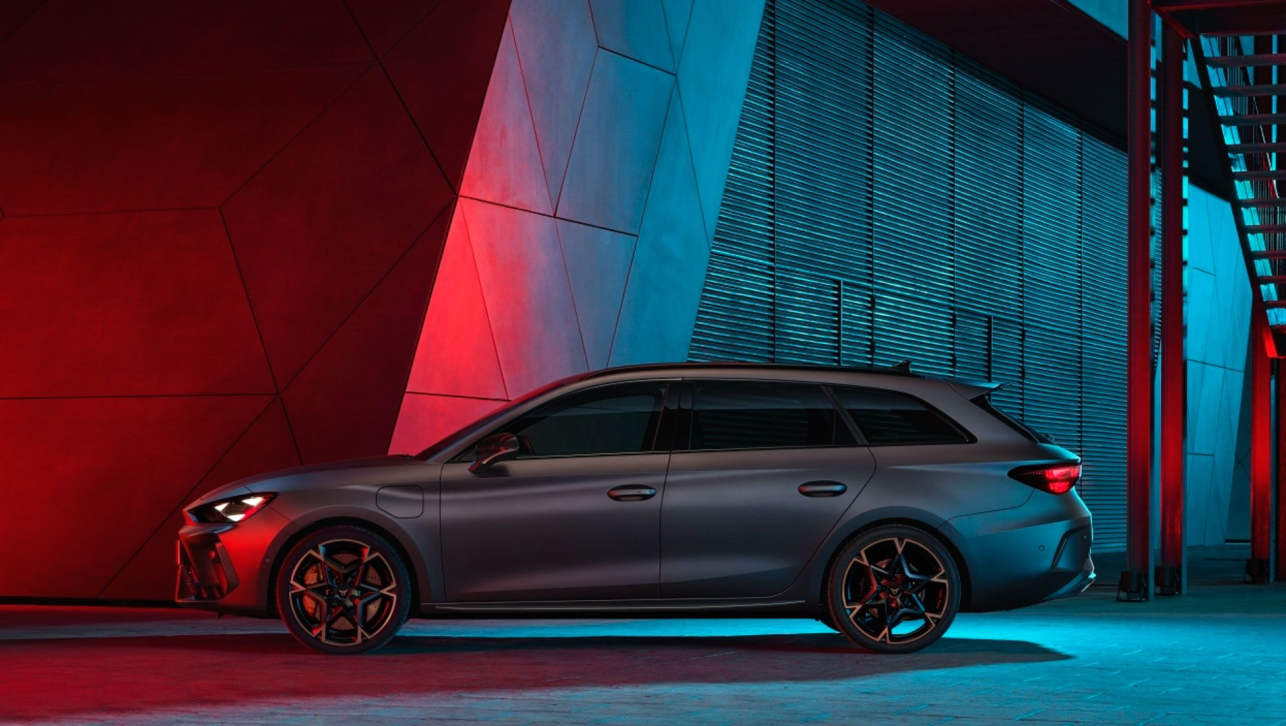

.jpg)
.jpg)
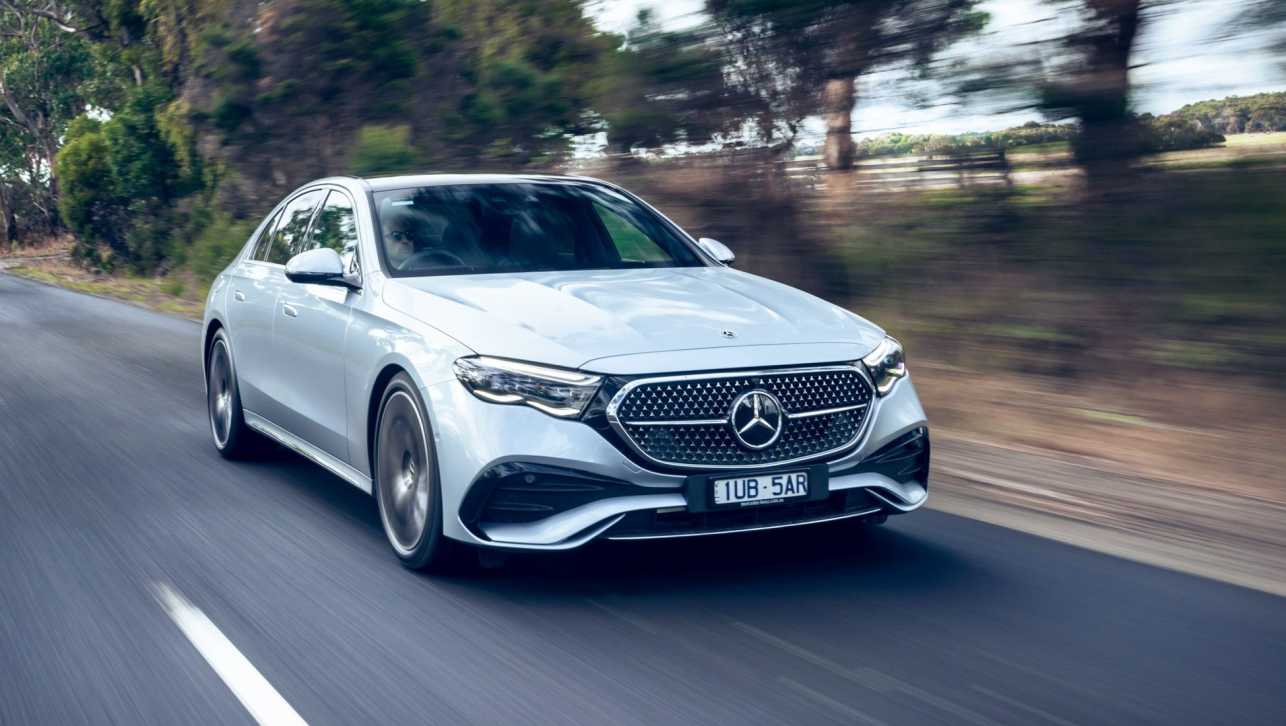

.jpg)

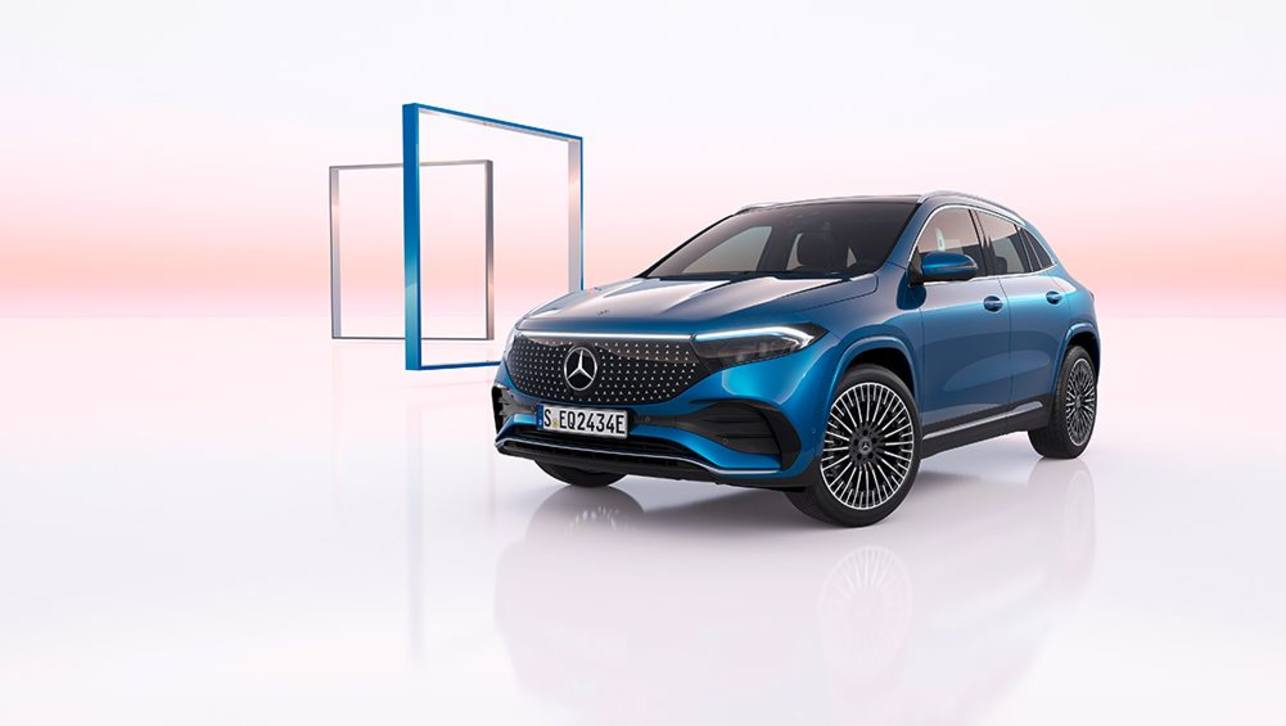



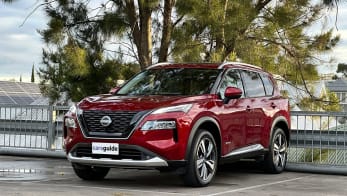
Comments